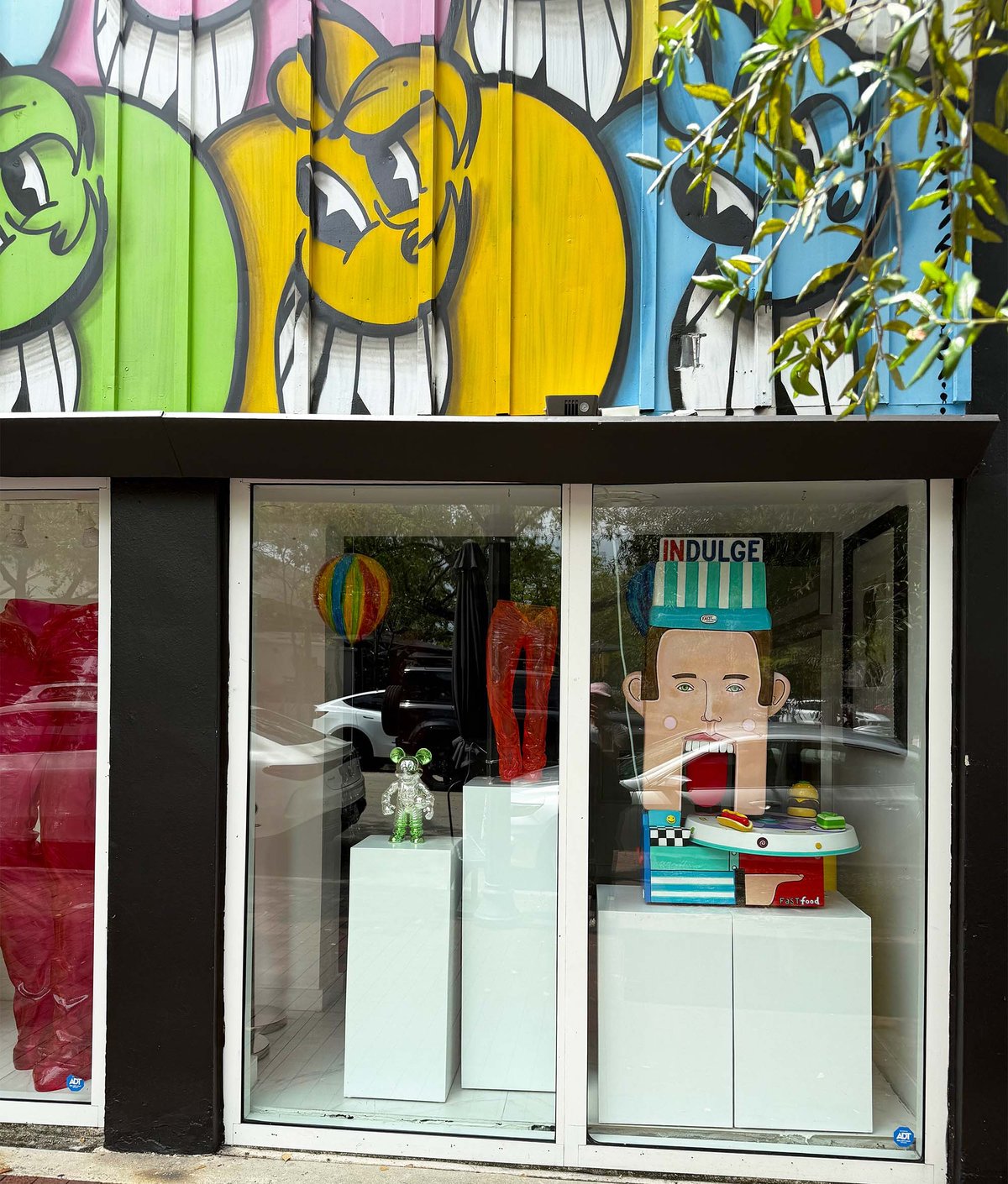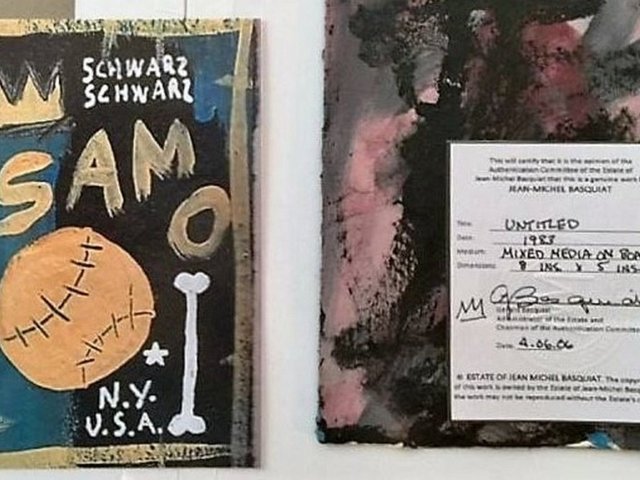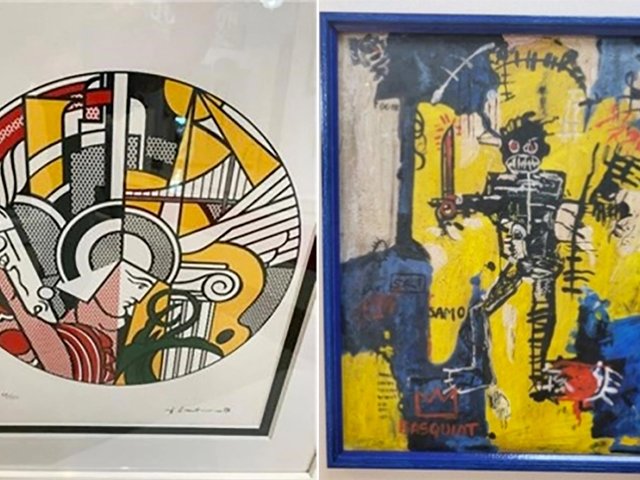Leslie Roberts, the owner and founder of Miami Fine Art Gallery in Florida, has been indicted for allegedly selling forged Andy Warhols. On 9 April, agents from the FBI's Art Crime Team entered Roberts’s gallery in Miami, removing art and hauling it away in cardboard boxes, covering the windows to prevent the public from peeking in.
Roberts and an associate, Carlos Miguel Rodriguez Melendez, were arrested and charged. Their arraignment is scheduled for 21 April. They each face up to 20 years in prison for wire fraud conspiracy; Roberts could get an additional ten years for money laundering.
Since 1997, Miami Fine Art Gallery has brought an array of modern and contemporary art to the city—including works by blue-chip stars like Pablo Picasso, Jeff Koons and KAWS. "One of my proudest moments was acquiring rare art from the Andy Warhol Foundation,” Roberts told Artnet last year. “This milestone underscored our gallery's dedication to curating exceptional works." This relationship with the Pop artist’s foundation appears to have been part of his alleged fraud.
In August 2024, a family of Florida art collectors—Matthew, Judy and Richard Perlman—filed a complaint accusing Roberts of an elaborate scheme to sell them counterfeit Warhols. The Perlmans realised they had been tricked into spending $6m on the fakes after a Christie's appraisal found that the works were forgeries.
The Perlmans confronted Roberts about this, and they allege that he sent two specialists from Phillips to conduct a separate appraisal. These "experts" confirmed all the works were originals; unconvinced, the family contacted Phillips directly, only to learn that the two appraisers were not company employees and had presented fake business cards. (Rodriguez Melendez, Roberts’s associate, appears to have posed as one of the Phillips experts.)
"Roberts betrayed the Perlmans' trust and went to great lengths to cover up his fraud,” Luke Nikas, the Perlman family’s lawyer, tells The Art Newspaper. “He is exactly the kind of art dealer who needs to be held accountable—for the sake of the Perlmans, his potential future victims and the art market itself.” (Roberts's lawyer, Jonathan Marc Davidoff, declined to comment.)
According to the indictment, Roberts developed complex schemes to convince buyers that the works he was selling were legitimate Warhols, using fake stamps and providing fraudulent invoices to his clients. He also allegedly forged authentication documents, claiming they had been provided by the Andy Warhol Art Authentication Board. (The Warhol Foundation dissolved its authentication board in 2011.) Roberts’s money-laundering accusation stems from transferring more than $200,000 in total from Miami Fine Art Gallery to his personal bank account.
This is far from Roberts’s first run-in with the law. He has a history of lawsuits filed against him and accusations of fraud. He has even spent time behind bars—for stealing millions of dollars from his great-uncle in the 1980s. The Miami New Times recently reported on the many deceptions the art dealer has been involved in. Among them, in 2010 he was found to have sold counterfeit works attributed to the Brazilian artist Romero Britto, both in his gallery and on eBay. In 2015, Roberts faced criminal charges for running a Peter Max forgery ring out of Max in the Grove, his gallery in Miami’s Coconut Grove neighbourhood. According to court documents, Roberts's two children created the “Max” works that he later sold to clients.
In an interview last month with the local news outlet Coconut Grove Spotlight, Roberts said he had put his past behind him and was "working hard” to rebuild his reputation. He told the paper that the Perlmans were using him as a scapegoat for deals that were out of his control. "What's going on is not fair," Roberts said. "They are digging up my past and using it against me."




